
The Children's Commissioner says Jersey's Housing and Work law is discriminatory and needs to be changed to put the best interests of children first.
Deborah McMillan has released a report to highlight the housing problems facing children in Jersey today.
42 families came forward, involving 84 children, to say how the law has prevented them from having an adequate home.
It involved recurring themes like domestic violence, mental health, and overcrowding.
The report states that children without entitled status, or children of families without that status, are falling through the gaps of the current system, and as such, the private rental market has become oversaturated and risks potentially exploitative situations.
"This structure is also problematic for victims of domestic abuse, who have no feasible access to independent living.
In these instances, those who do not hold entitled status cannot gain access to either financial or housing support, therefore leaving families with no other viable option but to remain in an abusive household or leave the island."
A claim for temporary hardship funding and entitled status due to hardship grounds can be applied at the discretion of the Assistant Chief Minister, but Ms. McMillan says this does not always prioritise the best interests of children.
"The Economic Development Minister, Senator Farnham sits on the Housing and Work Advisory Group (HAWAG). However, he also rules on appeals under his remit as Deputy Chief Minister. Appeals are considered by all members of the Housing and Work Advisory Group, but the final decision is made by the Deputy Chief Minister.
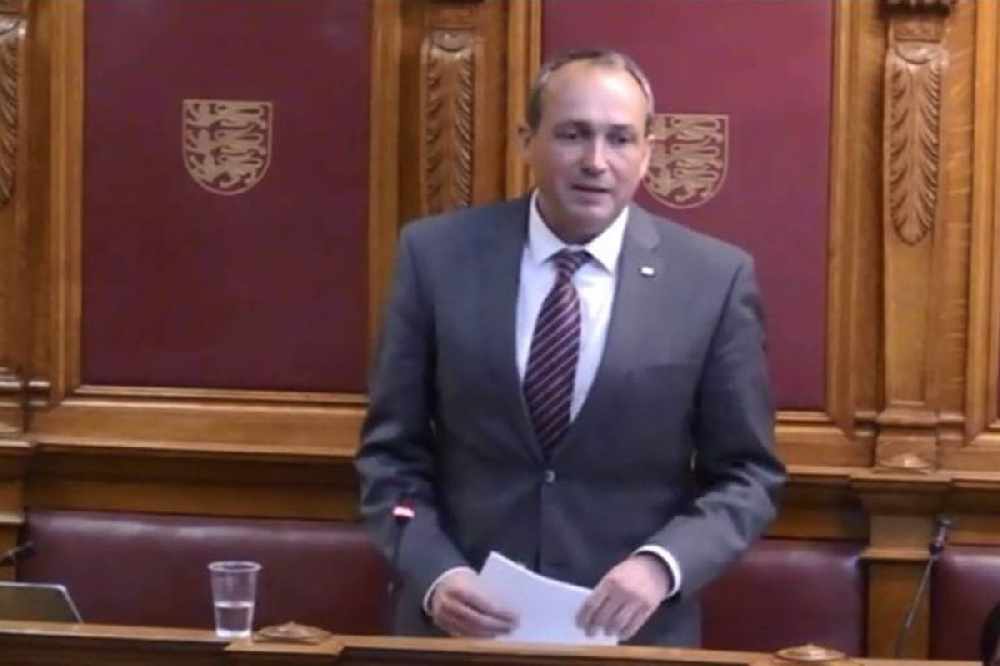
It is difficult to see how the DCM could remain impartial when considering the recommendations arising from thirdparty appeals. The role of HAWAG is to provide advice as requested to the Assistant Chief Minister in respect of his/her powers under the Control of Housing and Work (Jersey) Law 2012 (CHW) and possible changes to the law. HAWAG is a political panel and it could be perceived as allowing personal preferences to play a part in decision-making.
Very few applications for entitled status on hardship grounds are approved."
According to research by the Children's Commissioner's Office, there have been two cases of children granted status on hardship grounds in 2021.
The rolling 12-month total for those accepted onto the Affordable Housing Gateway was 774.
The Office of the Children’s Commissioner suggests that a best interest approach should be adopted in the cases where a child or children are involved. This would mean that ‘hardship’ cases specifically involving children or a family would be considered with an emphasis on the ‘best interests’ of the child first and foremost.

By adopting the ‘best interests’ model in line with Articles 3 and 11, with an emphasis on prioritisation of cases involving children, Jersey could create a system that incorporated UNCRC-compliant housing without threat of a ‘floodgate’ situation or jeopardising the position of entitled persons."
The published report outlines some case studies of families who have been affected by the law. You can read the full report here.
It involves one family, with a child in a wheelchair, being told there was no disabled housing available, which left them to care for the child in a home which wasn't fit for purpose.
There was another case of a family who had to get temporary accommodation in lodging houses or hotels after being evicted at short notice.
There was also a mum who fled her abusive partner along with her children.
"She applied for housing qualifications and was rejected, which led the Population Office to recommend that the family apply for repatriation. This would result in the children leaving Jersey; the place which they regard as home.
It is clear to see that in this instance, a decision was not made with the best interests of the children as a priority and has left the family with the limited options: either returning to an abusive environment or being repatriated."
Seven recommendations have been made, which are:
- To urgently review the law so it complies with the United Nations Convention on the Rights of the Child.
- To make sure the best interests of children are paramount in the face of legislation and any policy or guidance
- For the Housing and Work Advisory Group to revise criteria on which it determines to applications to make sure the best interests of children are paramount
- For the role of Deputy Chief Minister hearing appeals to be reviewed, and for any conflict of interest to be dealt with
- To review the availability of qualified housing suitable for families with children, and some independent young people, particularly those leaving care.
- To make sure housing is determined by reference to need or vulnerability
- For the affordable housing gateway to base need on vulnerability rather than on residential status
Deborah McMillan says there is more to consider when allocating social housing than just immigration.
"Some families are being discriminated against because they don't have entitled status for example.
What we're trying to argue is children are children and when you're making decisions about children's housing, it must be made in their best interest, rather than the status of the parent determines what you can and what you can't have in terms of support.
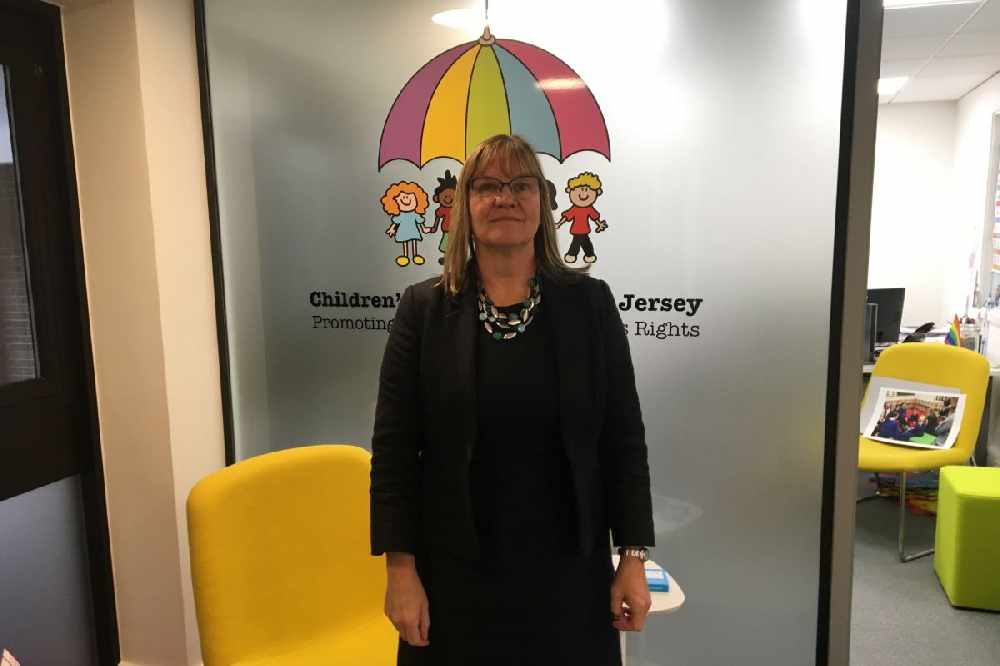
Some people would be saying: well if you can't afford, you should just go back to where you came from. We want to try and avoid that because not all of the housing issues are around migrant workers or people who've come here.
Some of our quotes are from children who are Jersey-born children who are struggling as well, so I would just want to try and avoid this becoming a migrant issue and understand that this affects all families living in Jersey who've got problems."


 WATCH: Last Blue Islands plane leaves Jersey
WATCH: Last Blue Islands plane leaves Jersey
 Jersey pupils secure places in STEM Racing UK National Finals
Jersey pupils secure places in STEM Racing UK National Finals
 Plémont puffins get a Christmas makeover
Plémont puffins get a Christmas makeover
 New café bar and kitchen coming to Jersey Airport
New café bar and kitchen coming to Jersey Airport
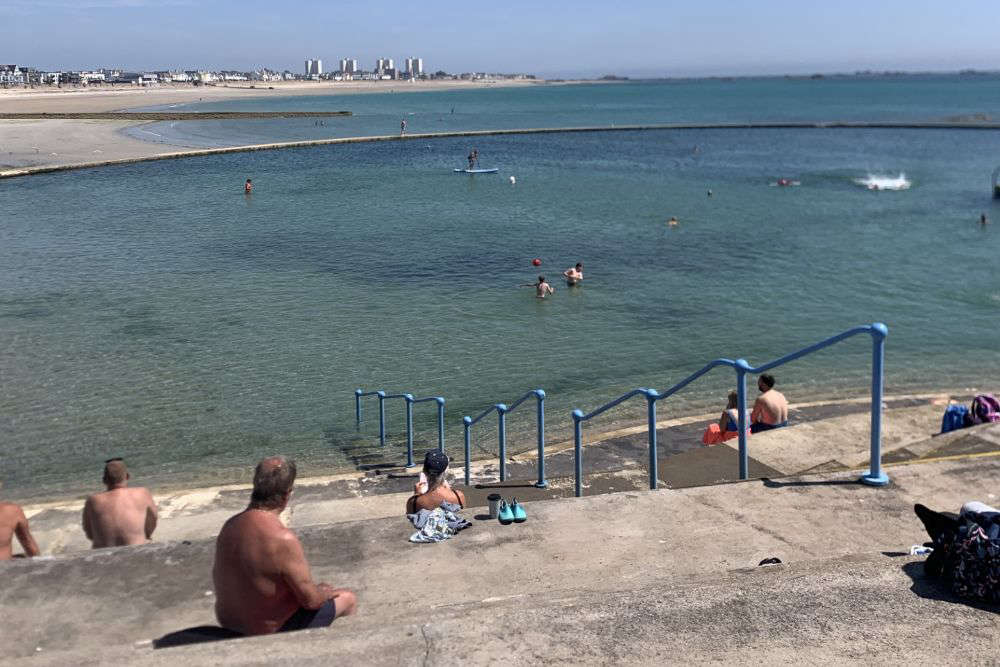 Fresh process to choose Havre des Pas Lido operator
Fresh process to choose Havre des Pas Lido operator
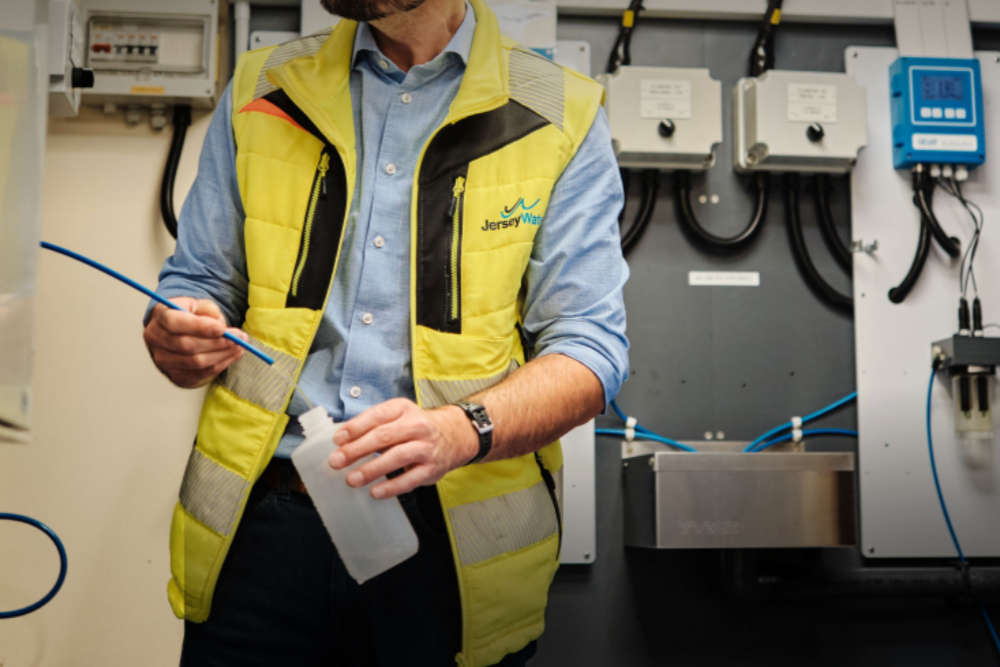 Jersey Water has 100% compliance in all water quality standards, including PFAS
Jersey Water has 100% compliance in all water quality standards, including PFAS
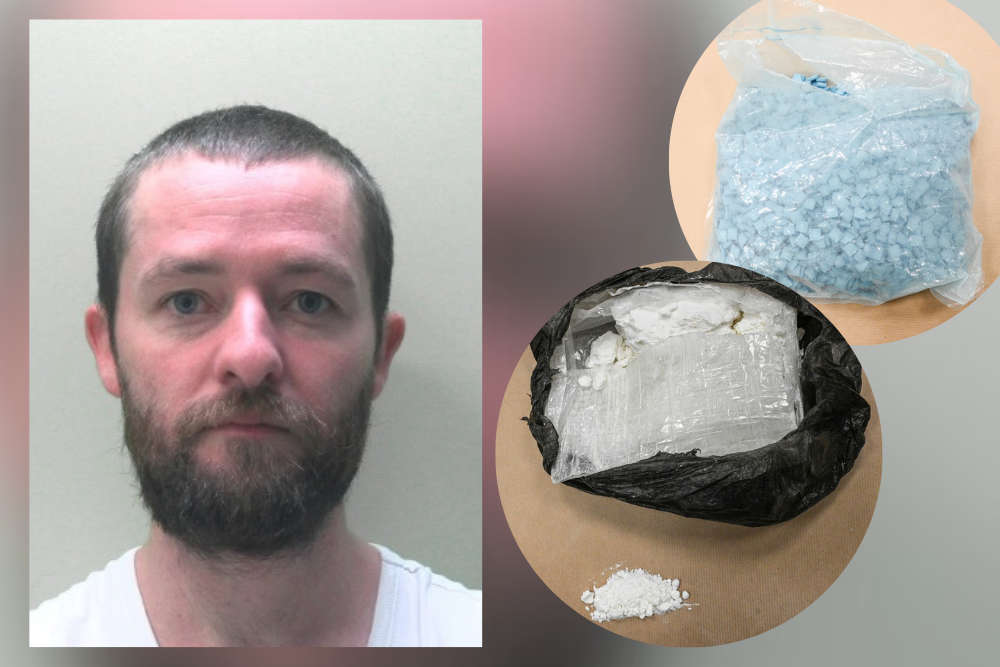 Large-scale Jersey drug dealer jailed
Large-scale Jersey drug dealer jailed
 Jersey's politicians agree 2026 Budget
Jersey's politicians agree 2026 Budget



